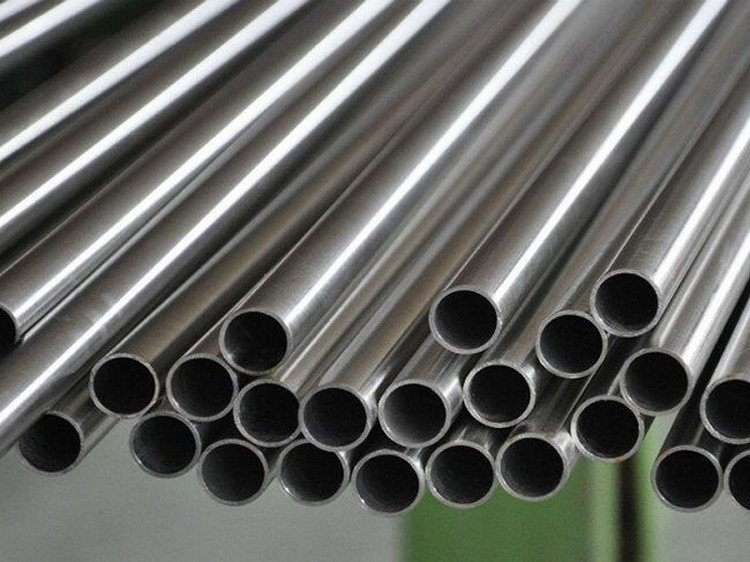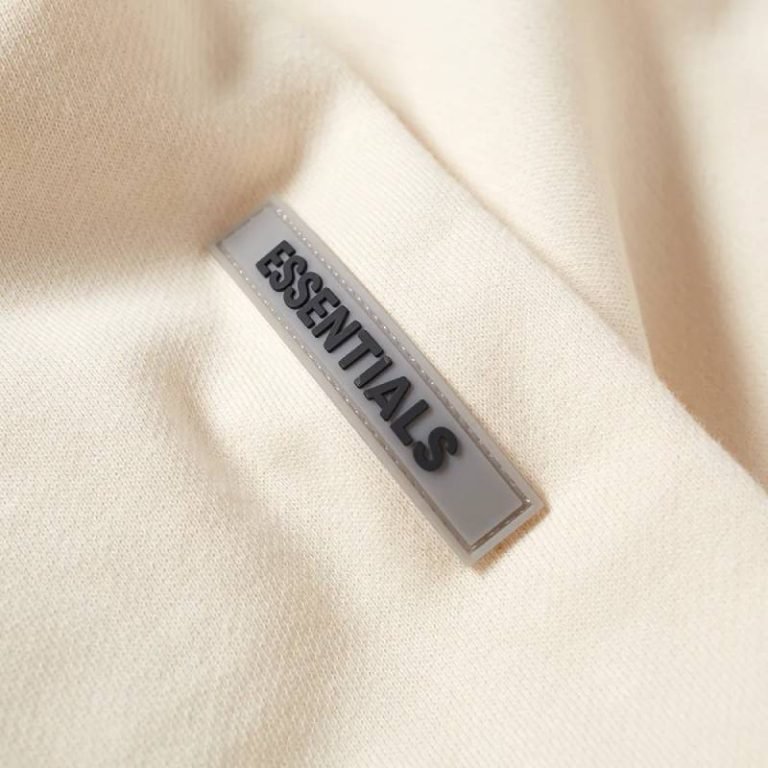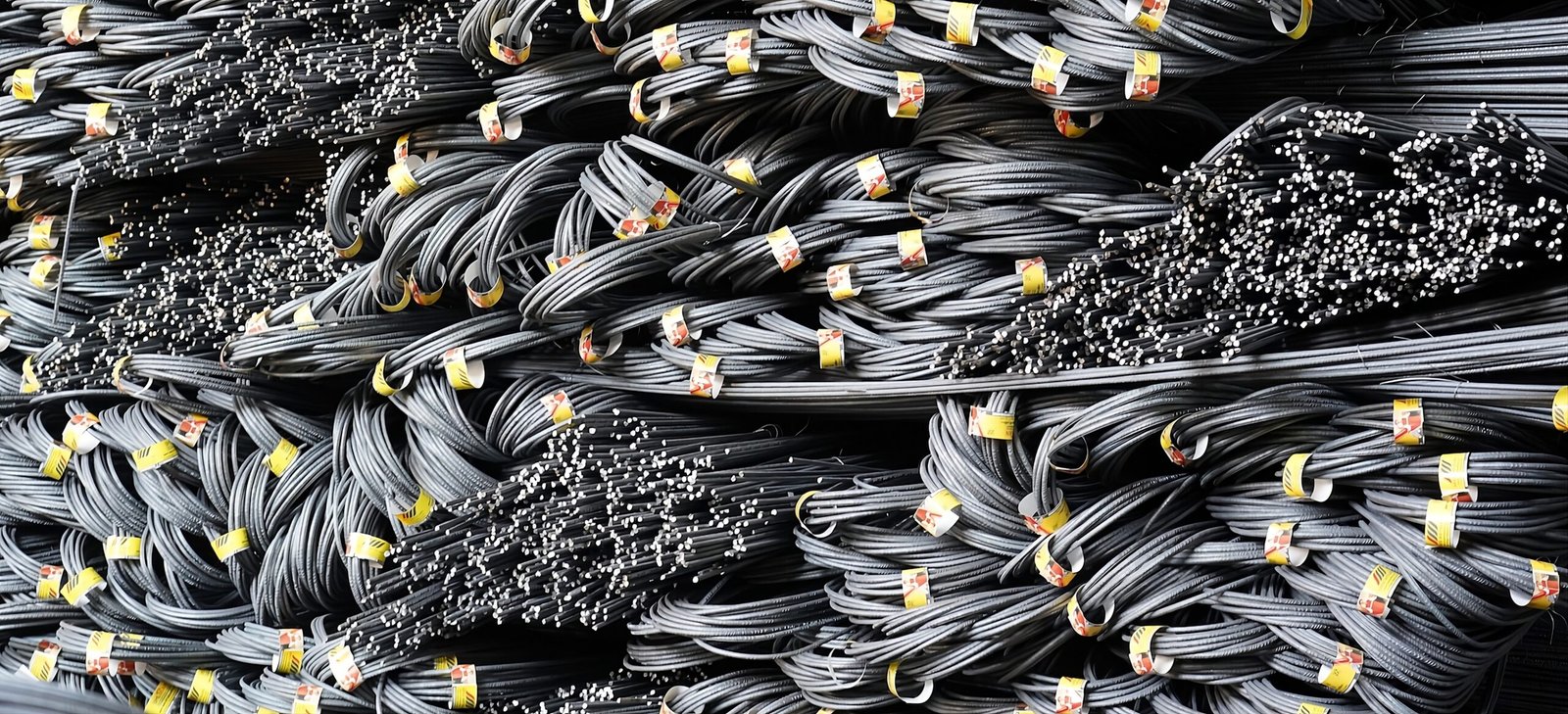Aluminium pipes have become indispensable across various industries due to their lightweight, corrosion resistance, and excellent thermal conductivity. From construction to automotive, aerospace, and manufacturing, aluminium pipes offer durability and versatility in numerous applications. However, selecting the right aluminium pipe for your industrial project involves considering grade, size, thickness, and intended use. In this guide, we’ll explore the key considerations that will help you choose the right aluminium pipe and ensure optimal performance for your project.
Understand the Application Requirements
The first step in selecting the right aluminium pipe is understanding the specific requirements of your industrial project. Different applications will have varying demands regarding pressure tolerance, environmental conditions, and mechanical stress. Knowing exactly what the pipe will be used for is essential.
For example:
Construction Industry: Aluminium pipes are used in frameworks, scaffolding, and structural components due to their strength and lightweight properties.
Automotive Industry: Aluminium pipes are employed in exhaust systems, hydraulic lines, and cooling systems, where heat and corrosion resistance are crucial.
Aerospace Industry: Aluminium pipes are used for fuel lines and hydraulic systems, where lightweight materials are essential to reduce fuel consumption and improve performance.
Assessing the operating conditions, including temperature extremes, exposure to corrosive elements, and mechanical load, will guide you in choosing the right type of aluminium pipe.
Choose the Right Aluminium Alloy
Aluminium pipes come in various alloys, each offering different mechanical properties, making some more suited to certain applications than others. Here are some common aluminium alloys and their uses:
6061 Aluminium Alloy: Known for its good mechanical properties and weldability, 6061 is one of the most commonly used alloys. 6061 Aluminium Pipe is suitable for structural and automotive applications.
6063 Aluminium Alloy: This alloy offers better corrosion resistance and surface finish than 6061, making it ideal for architectural applications like window and door frames.
7075 Aluminium Alloy: Extremely strong, 7075 is used in aerospace applications where strength is paramount, but weight must be minimized.
3003 Aluminium Alloy: This alloy is excellent for applications requiring high corrosion resistance but lower strength. It is often used in chemical processing and food industry applications.
Consulting an Aluminium Pipe Manufacturer can help determine which alloy suits your specific industrial needs.
Consider the Pipe Size and Wall Thickness
Once you’ve selected the appropriate alloy, the next important factor is the pipe’s size and wall thickness. Aluminium pipes are available in a wide range of diameters and wall thicknesses, and selecting the right size is crucial to the success of your project.
Diameter: The diameter of the aluminium pipe should align with the project’s flow requirements. Larger diameters are used for high-volume applications such as water transport in construction projects. In comparison, smaller diameters, such as pneumatic or hydraulic systems, may be used in systems requiring precision and control.
Wall Thickness: Thicker walls provide greater strength and durability, making them suitable for high-pressure applications. On the other hand, thinner walls reduce weight and are more appropriate for low-stress applications or where weight is a critical factor, such as in the aerospace and automotive sectors.
Calculating the exact requirements of your project is essential to ensure the pipe size and thickness can handle the expected loads without failure.
Evaluate the Environmental Conditions
The environment in which the aluminium pipe will be used plays a significant role in determining the right material. Although aluminium is highly resistant to corrosion, certain environments can accelerate corrosion or require specific protective measures.
Corrosive Environments: In environments where the pipe will be exposed to salt water, chemicals, or other corrosive agents, it’s essential to choose an aluminium alloy with high corrosion resistance, such as 6063 or 3003.
High Temperatures: Some industrial applications involve high heat, such as in exhaust systems or chemical processing. An alloy that can withstand elevated temperatures without losing structural integrity is critical for these situations.
Outdoor Use: For outdoor projects, ensure the pipe is weather-resistant. Certain aluminium alloys perform better under long-term exposure to the elements, maintaining their structural integrity even after prolonged use.
Partnering with an experienced Aluminium Pipe Manufacturer can provide valuable insights into which material will perform best in the environmental conditions specific to your project.
Assess the Fabrication Requirements
Another key factor in choosing the right aluminium pipe is its ability to undergo fabrication processes such as welding, bending, and cutting. Different alloys respond differently to these processes, and it’s important to choose an aluminium pipe that can be easily fabricated without compromising its structural integrity.
Weldability: If your project requires welding, 6061 is an excellent choice due to its good weldability. However, 7075, while strong, is more challenging to weld and may not be ideal for applications requiring extensive welding.
Formability: Some applications may require bending or shaping the aluminium pipe. Alloys like 6063 offer excellent formability, making them easier to shape without cracking or losing strength.
Machinability: If precision cutting or drilling is required, consider an alloy with good machinability, such as 6061, which balances strength and ease of processing.
Understanding the fabrication requirements will help you choose a pipe that can be easily processed to meet your project’s design specifications.
Compliance with Industry Standards
Ensuring that the material complies with industry standards and certifications is crucial when selecting an aluminum pipe. This guarantees that the product meets specific quality and safety requirements, particularly for industries like aerospace, construction, and automotive, where standards are highly regulated.
Look for certifications such as:
ASTM Standards govern the material properties, dimensions, and tolerances of aluminium pipes.
ISO Certifications: Ensure the manufacturer follows international quality management systems to guarantee consistency in production.
Confirming that the pipes meet industry standards ensures product quality, safety, and compliance with regulatory requirements.












Leave a Reply